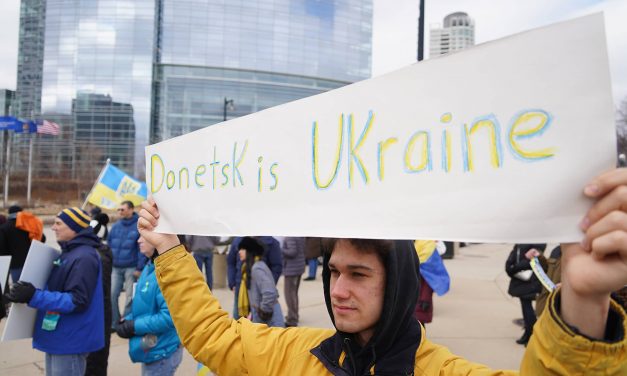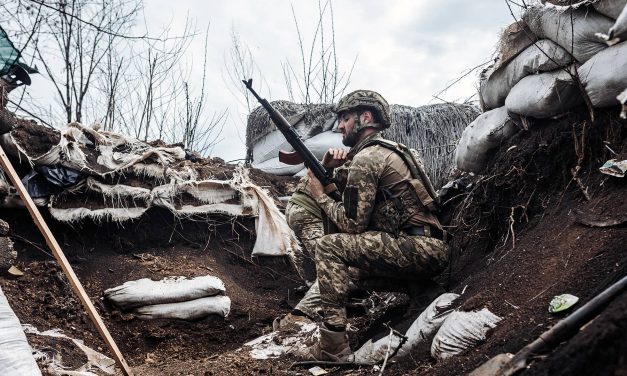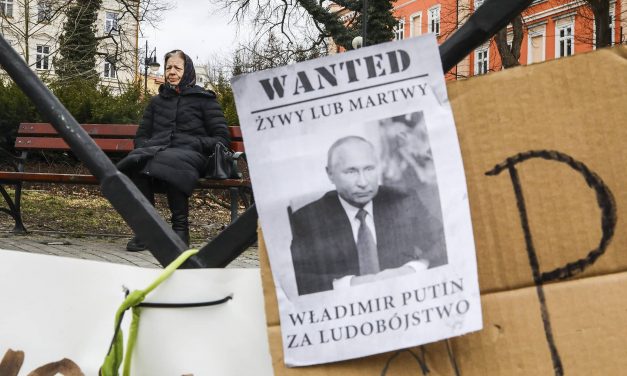The sum of Putin’s fears: Why Ukrainian national identity drifted West even in Russian-friendly regions
By Lowell Barrington, Associate Professor of Political Science , Marquette University Russian President Vladimir Putin’s decision to invade Ukraine in February 2022 has, thus far, produced the opposite of what he expected. Rather than deepening political fissures in the West, Putin’s invasion has united the leaders and populations of the majority of countries across Europe and encouraged further NATO expansion. Putin also seems to have believed it would be relatively easy to capture Ukraine’s capital and topple its government. Instead, the Russian military lost the battle for Kyiv and experienced the humiliating sinking of its flagship Black Sea cruiser,...
Read More














